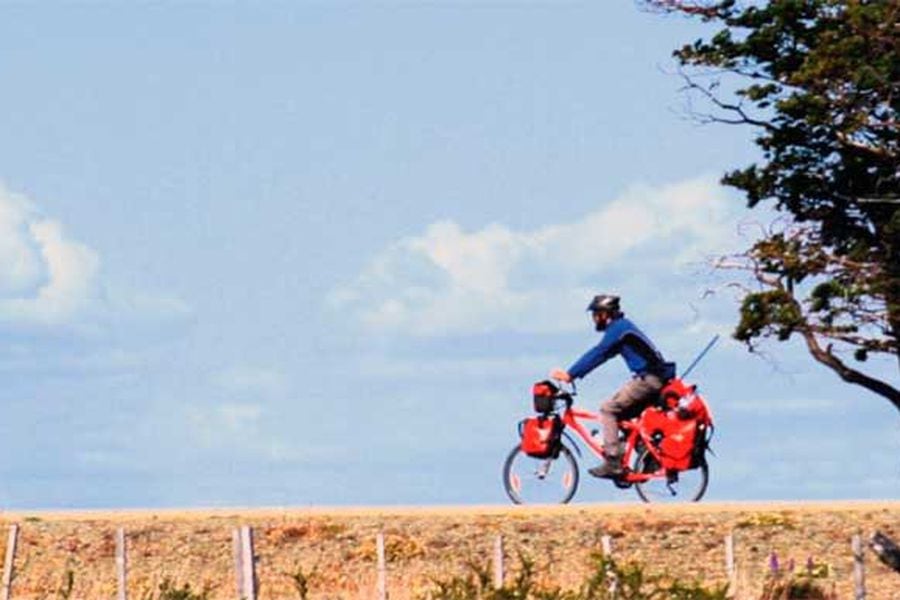By Margarita Ducci, Executive Director of the Global Compact Chile, UN
The pandemic has left us in front of the mirror of our vulnerabilities, fears and weaknesses, and has shown us how the world around us can react to our lack of prevention and vision of the future. Today more than ever, the new reality calls us to rethink what we have built, and the world of education, and in particular, that of environmental education, becomes an essential objective to help prevent new crises and the drama that this entails. In the midst of this scenario, it is essential to address the care of the environment with the responsibility and urgency that the planet requires. The pandemic, global warming and all the effects of climate change, force us to reinforce efforts to reverse our habits that cause damage to ecosystems.
In a recent study by Sustenta + and the UDD, in which 243 companies from 10 different industrial sectors participated, belonging to four countries on the continent: Chile, Peru, Ecuador and Colombia, -on the evolution of sustainability in times of pandemic-, companies They strengthen their conviction that it is necessary to continue on this path decisively, even by providing more resources, and especially, strengthening business ethics. However, they prioritize in the last place, their role in the protection of marine and terrestrial ecosystems and the care of biodiversity.
It seems that the ODS14, of the Oceans and the ODS15, of the care of terrestrial life, had a kind of “guarantee”, and that they are there static forever, while we see the constant “plasticization” of the seas and the extinction of various species in the world. It is urgent to generate among all, a cultural change where the protection and care of the environment is relevant, inculcating it from early childhood, children and young people. We know that by sensitizing, educating and promoting even with small actions and behavioral changes, we can generate this awareness and commitment to the land we inhabit, from the classrooms, and today from online education. We must promote an educational community that is more committed to environmental issues, and we know that children are the best engines of change.
It is important to add achievements such as the participation of environmental education projects in public and private schools where it is possible to reflect on the importance of knowing and valuing our natural environment, our ecosystem and biodiversity. Parks and forest reserves are a privileged place to be in contact with nature and get to know it. Although in times of pandemic it is difficult to travel the country, and access them, the open spaces provided by parks and reserves are the best element that we can find and that are made available, with the established capacity. In the absence of being able to visit them in person, and appreciate the phenomena of nature, in the field, there is also a role in remote education, since audiovisual material also takes on special importance as an instrument to make them visible.
In this challenge, companies are adding to their purposes that environmental education is a great management instrument for the formation of a critical citizenry committed to the dream of a sustainable country. That the pandemic is not an obstacle for the installation of a work in synergy, for the formation of an environmental awareness of caring for the environment as a continuous process over time, focused on forming values in order to care for and protect the natural environment for the sustainable use of our natural resources. Chile, faced with the health, economic and social crisis, then has the enormous challenge of ensuring environmental education in an adverse scenario, and Covid-19 is putting us to the test.
–

